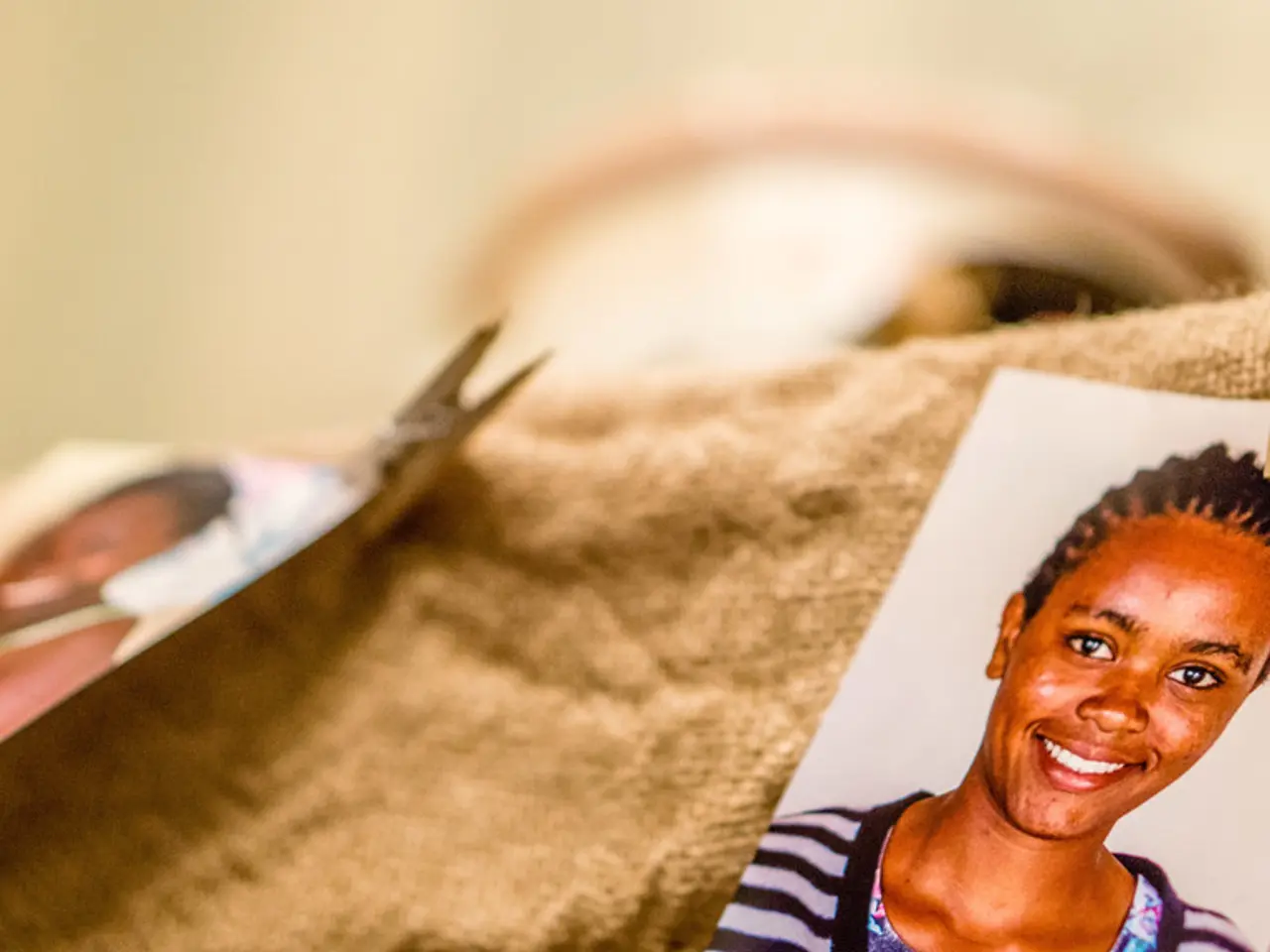Under Threat of Restriction, Barroso's Child Elects to Abstain from Re-Entering the U.S. following Trump Sanctions
In a significant development, the U.S. government has suspended visas for eight Supreme Federal Court (STF) ministers, including Alexandre de Moraes, due to their involvement in actions perceived as politically motivated prosecutions and violations of human rights. This decision comes as part of the application of the Magnitsky Act, which includes measures such as the freezing of assets and bank accounts in U.S. financial institutions, and extends to the use of U.S. bank cards and platforms such as Google Pay and Apple Pay.
The visa suspension specifically targets STF ministers and their close allies or family members, with Alexandre de Moraes being added to the U.S. sanctions list for serious human rights abuses, including an "oppressive campaign of censorship" and "politicized prosecutions." The Trump administration, reinstated in 2025, took a strong stance against these judicial actions as undermining democracy and human rights in Brazil.
The U.S. government's concerns stem from investigations and judicial measures taken against former President Jair Bolsonaro, which the U.S. has characterised as "political persecution" and linked to oppressive censorship and arbitrary detentions. Alexandre de Moraes is known as the STF minister who authorised operations against Bolsonaro and led inquiries into threats to Brazilian democracy, fake news, and opposition figures.
However, there is no clear evidence in the available information that Bernardo Barroso, son of Luís Roberto Barroso, specifically had his visa suspended or is directly involved. In response to the visa suspension, Bernardo Barroso has decided not to return to the United States after his European holiday, opting instead to return to Brazil. Bernardo Barroso is the director of the BTG Pactual bank in Miami.
The visa actions are part of the broader U.S. reaction to what is framed as judicial repression linked to attempts to criminalise political opposition, including investigations related to alleged anti-democratic plots. The U.S. government considers the eight STF ministers, including Barroso, as allies in issues such as the trial of the inquiry that investigates the alleged coup plot supposedly commanded by former President Jair Bolsonaro, as well as the regulation of digital platforms.
As of now, the U.S. visa status of Bernardo Barroso's father, Luís Roberto Barroso, is not mentioned in the article. Additionally, the article does not provide information about any actions taken by STF Minister, Moraes, in response to the application of the Magnitsky Act, or any potential legal consequences Moraes may face due to the application of the Magnitsky Act. The STF Minister, Moraes, is currently in Brasília-DF, Brazil.
- The visa suspension against STF ministers, including Alexandre de Moraes, is part of a broader U.S. policy-and-legislation response to war-and-conflicts surrounding Brazilian politics, particularly allegations of political persecution and human rights violations.
- The U.S. government's visa actions extend beyond Alexandre de Moraes, targeting allies such as Bernardo Barroso, son of Luís Roberto Barroso, in response to judicial measures perceived as politically motivated and repressive against political opponents.








